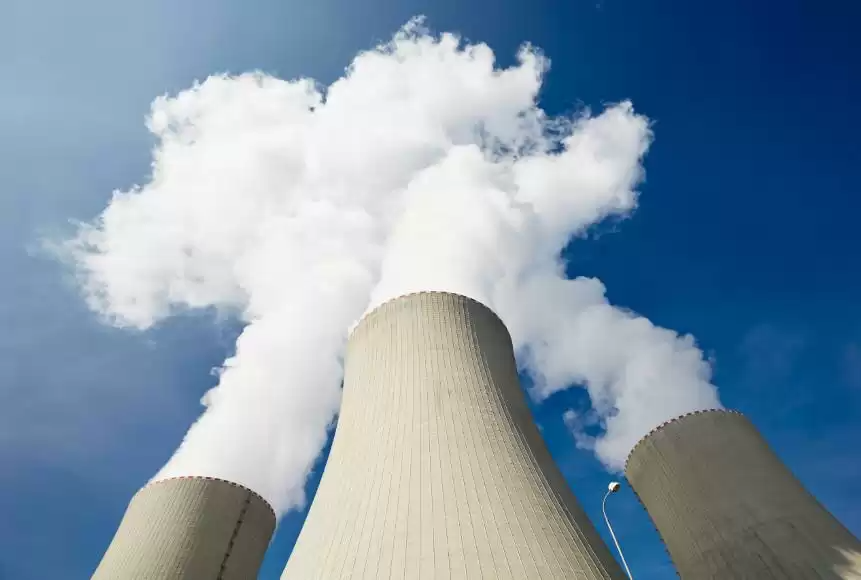ASTANA – The Kazakh officials shared their views on the environmental benefits and security of the nuclear power plant (NPP) at a roundtable on the environmental impact of NPPs at the Eurasian National University on May 15, reported Kazinform.

Photo credit: criptoaldia.com.
NPP is supposed to be constructed in the Ulken village on the shore of Lake Balkhash in the Almaty Region in 2034-2035.
According to Deputy Director of the Nuclear Energy and Industry Department of the Energy Ministry Gulmira Mursalova, the construction of NPP with two reactors will cost $10-12 billion, considering seismic strengthening and expansion of infrastructure. This is an estimated cost implemented by other countries.
Mursalova said the NPP construction would be carried out under the supervision of foreign experts. At present, Kazakhstan invites international nuclear energy regulators, including the International Atomic Energy Agency, to the NPP construction site to assess readiness and ensure the safety of facility operations.
In 2020, Kazakh President Kassym-Jomart Tokayev announced the country’s pledge to reach carbon neutrality by 2060, which implies the development of NPP and renewable energy sources (RES). According to the leading engineer of the Nuclear Energy Department of Kazakhstan Nuclear Power Plants company Kumar Ausenov, there are not always conditions for RES development.
“It turns out that the wind in Kazakhstan does not blow as often as we thought, and the sun does not shine at night. Therefore, we need NPP to give energy to the population and factories,” said Ausenov.
Kazakhstan faces an energy shortage of nearly one gigawatt at the peak, Ausenov said. Only NPPs can provide essential, reliable energy, as thermal power plants emit carbon.
“NPPs generate clean energy, as they have very low emissions. The country is working on questions related to hazardous waste with the Nuclear Technology Safety Center. They have been dealing with waste issues for a long time – this is a solvable question,” he said.
According to calculations, the NPP will cover 12% of the country’s energy consumption by 2035. Ausenov also said the automated management system would monitor and control the NPP operation, eliminating the human factor.

